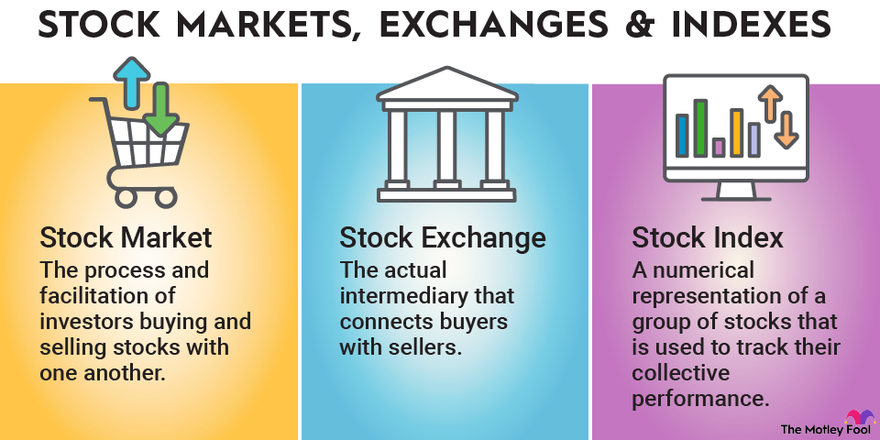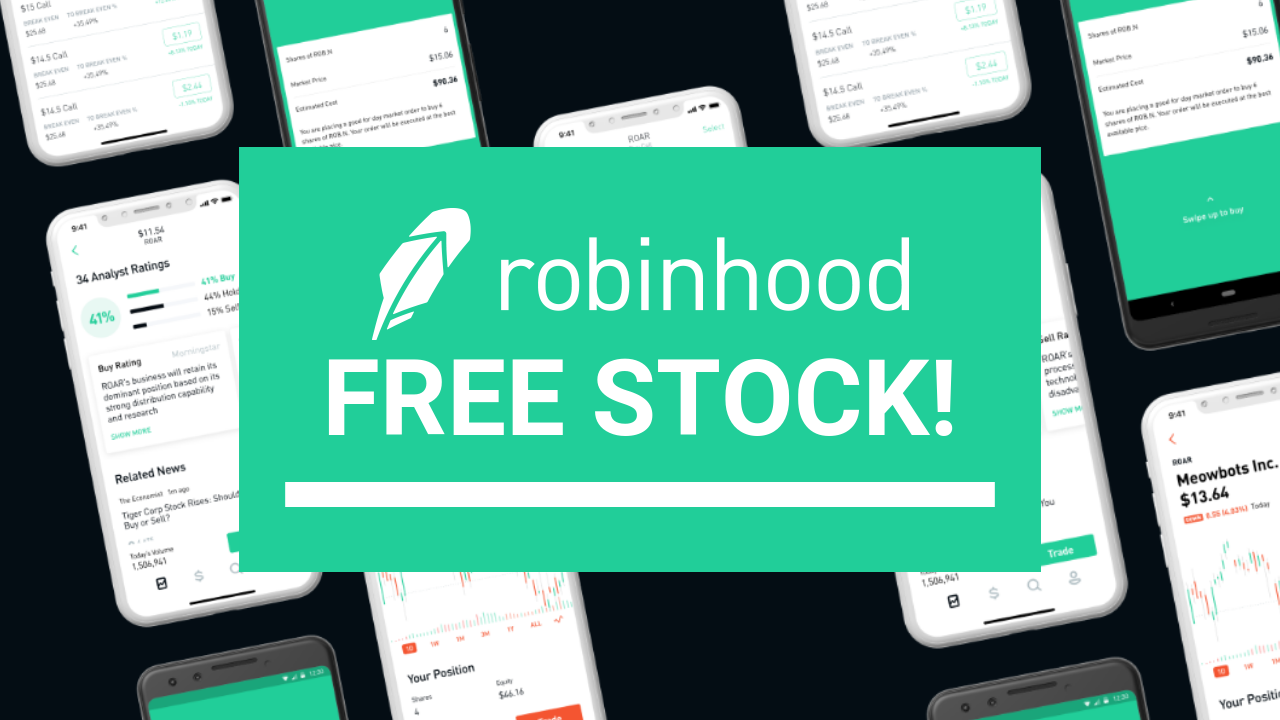Vanguard vs. Fidelity vs. Schwab

August 2023

It’s no secret that Vanguard, Fidelity and Charles Schwab could be considered three of the most popular and well-known brokerage firms. Each offers a wide range of products and services, from banking and investment products to financial advisors and financial planning services.
However, there are some important differences, from fees to financial services to research resources, each of which could impact your customer experience.
If you’re interested in getting financial advice, consulting a fiduciary financial advisor can be a great first step. That’s why we created a free tool to help match you with up to three financial advisors.
Click here to take our quick retirement quiz and get matched with vetted advisors in just a few minutes, each obligated to work in your best interest.
While your advisor matches may not necessarily be associated with the above institutions, research suggests people who work with a financial advisor feel more at ease about their finances and could end up with about 15% more money to spend in retirement.1
A 2022 Northwestern Mutual study found that 62% of U.S. adults admit their financial planning needs improvement. However, only 35% of Americans work with a financial advisor.2
Overview of Vanguard vs. Fidelity vs. Schwab
Vanguard, Fidelity and Schwab are three of the biggest players in the brokerage space, offering a wide range of investment and banking products. In fact, you can open a variety of account types at these institutions. But they stack up slightly differently when it comes to fees and their specific suite of services.
Vanguard made a name for itself by creating and offering low-fee investment products such as mutual funds and exchange-traded funds (ETFs). It still does this, and even non-Vanguard clients can buy Vanguard funds via a brokerage account. The firm has grown to now offer non-proprietary investment products and funds.
Fidelity is perhaps best known for its personal investment products, namely brokerage accounts that allow users to trade stocks. Clients can invest in a wide range of stocks, bonds and other investment products using a Fidelity brokerage account. Fidelity also makes an effort to provide investment resources to its clients and doesn’t usually charge fees on all trades, though more and more brokerages and broker-dealers are moving toward fee-free investment models.
While not as well known for its funds as Vanguard, Schwab still has a number of passively and actively managed funds that you can invest your money into. You also have the option to trade individual equities. It also offers free robo-advisor services, and those who want to work with a real advisor will have that option as well.
Vanguard vs. Fidelity vs. Schwab: Fees
Most brokerage platforms have gotten rid of transaction fees over the past couple years, and Vanguard, Fidelity and Schwab are no exception. Brokerage account holders at each of the three institutions won’t have to pay any commissions or trading fees for trading stocks. Trading mutual funds is mostly free at all three institutions, particularly for in-house mutual funds.
The one place you’ll incur consistent transaction costs is when it comes to options trading. However, transaction costs for options at each institution are comparably quite low. Keep in mind that these are contract fees, not commissions.
$0.65 per option3,4
charged by Fidelity and Schwab
$1.00 per option5
charged by Vanguard
While some, more specific transactions may incur additional fees, the experience using each of these three institutions can be quite low cost and could be entirely free if you only invest in individual equities and in-house funds, among other investments. Other investments may cost you. For example, you’ll need to pay $35 per transaction if investing in mortgage-backed securities with Vanguard.
It’s worth noting that these fee schedules don’t include the charges you’ll incur for owning shares of certain funds. Fidelity has a wide variety of funds that have no expense ratio, and both Vanguard and Schwab have average expense ratios that are a lot lower than the industry standard.
Vanguard vs. Fidelity vs. Schwab: Services and Features
When it comes to investments and brokerage accounts, Vanguard, Fidelity and Schwab each offer a relatively similar suite of services. As mentioned before, each institution:
- Allows clients to trade individual equities fee-free
- Offers a wide range of accounts as well, including 401(k)s, 529 plans, custodial accounts, a variety of individual retirement accounts (IRAs), joint accounts and more
Each of the three institutions have $0 investment minimums for most accounts. However, Vanguard does have minimums for investing in some of its mutual funds, typically ranging from $1,000 to $3,000. However, certain funds have even higher minimums.
Who Should Use Vanguard, Fidelity and Schwab?
As mentioned, Vanguard, Fidelity and Schwab boast many of the same important features. Each allows you to invest in a variety of securities, from equities to funds, without paying fees and commissions. They all have low to non-existent expense ratios for funds. And each is a capable online trading and account management platform that you can take advantage of.
Vanguard, Fidelity and Schwab are three of the most robust, well-known and popular brokerage firms in the country. They each cover the basics and much more. We feel this could make them valuable and useful platforms for all investors, from beginners to advanced traders.
While these platforms may differ when it comes to their offers and specialties, each allows clients to trade without fees and commissions and to do so both online and on their mobile devices. Vanguard, Fidelity and Schwab are three solid options for anyone looking to take their money and invest in for the future in the way they see fit.
How to Speak With a Financial Advisor
Getting professional financial advice can be a critical step in setting up and executing an investment or retirement plan. That’s why we recommend speaking with a fiduciary financial advisor. Fiduciaries are obligated by law to act in your best interest as they manage your assets or money, and any potential conflicts of interest must be disclosed.
Yet knowing how to find a vetted fiduciary advisor is, for many, the most confusing task of all. Common Google searches related to the topic reveal a desperate search for direction. “Fiduciary financial advisors near me,” “best fiduciary financial advisor,” and “financial investment advisors near me” are searched for hundreds of times per day.
Finding a fiduciary shouldn’t be that hard. Thankfully, now it isn’t.
Our free matching quiz helps Americans get matched with up to three fiduciary advisors who serve their area so they can compare and decide which advisor to work with. All advisors on the matching platform have been rigorously vetted through our proprietary due diligence process. The quiz takes just a few minutes, and in many cases you can be connected instantly with an advisor to interview.
Click Your State to Get Matched With Financial Advisors Who Serve Your Area
After you choose your state and answer a few questions, you can compare up to three advisors that serve your area and decide which to work with.
In : Technical Analysis
Tags: vanguard fidelity schwab crypto stocks etfs biticoin eth discord
































